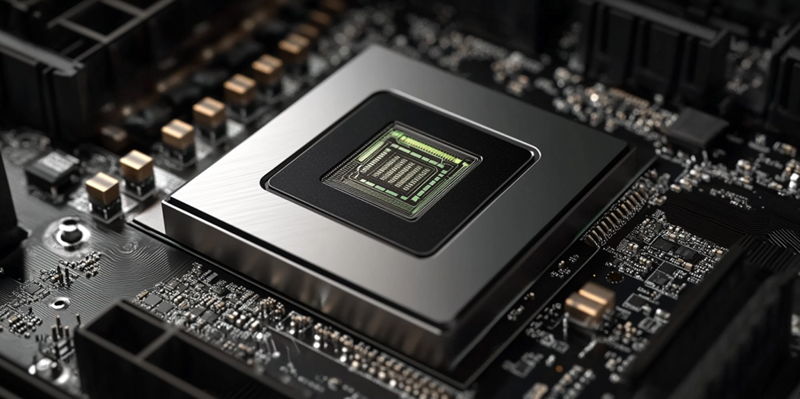As the tech industry eagerly anticipates Nvidia’s next major release, rumors about the upcoming RTX 5000 series GPUs are swirling with fervor. Expected to debut in early 2025, this new generation of graphics cards promises to deliver groundbreaking performance and significant advancements over its predecessors. The RTX 5090, 5080, 5070 Ti, and 5070 are anticipated to lead Nvidia’s lineup, each catering to different segments of the gaming and professional markets.
High-Performance Flagship: RTX 5090
The RTX 5090, the star of the show, is rumored to feature an astonishing 21,760 cores, making it a powerhouse in the world of GPUs. Coupled with 32GB of state-of-the-art GDDR7 memory, the RTX 5090 promises high-speed data processing and unmatched performance for gaming and professional applications. However, this level of power comes at a cost, both literally and figuratively. With a power consumption expected to reach 600W, users should prepare for significant energy requirements. Additionally, the price tag for this flagship model is rumored to be around $2,000, positioning the RTX 5090 as a premium option for serious gamers and professionals seeking top-tier performance.
While the RTX 5090 captures the spotlight, the series also includes the RTX 5080 and 5070 Ti, which offer powerful alternatives at different price points. The RTX 5080, for instance, is likely to appeal to gamers and professionals who demand high performance but may not require the absolute best that Nvidia has to offer. The 5070 Ti, an upgrade from the RTX 4070 Ti, is expected to include an additional 1,200 CUDA cores, significantly boosting its computational abilities. This model strikes a balance between performance and cost, making it an attractive option for many users.
Catering to Budget-Conscious Gamers: RTX 5070
Nvidia has not forgotten about budget-conscious gamers in their upcoming RTX 5000 series. The RTX 5070, though less powerful than its siblings, is designed to cater to gamers looking for a more affordable yet still capable GPU. With approximately 6,400 CUDA cores, the RTX 5070 aims to provide a satisfactory gaming experience without breaking the bank. This model is expected to be considerably cheaper than the 5070 Ti, offering an accessible entry point into Nvidia’s latest GPU lineup.
The price differentiation between the 5070 Ti and 5070 mirrors Nvidia’s strategy to capture both high-end and budget segments of the market. By providing a range of options, Nvidia ensures that gamers with varying needs and budgets can find a suitable product. Additionally, this strategy allows Nvidia to compete effectively with other GPU manufacturers, bolstering their position as a leader in the technology industry. The RTX 5000 series is likely to see a warm reception from gamers and professionals alike, eager to take advantage of the latest advancements in graphics technology.
Anticipation for a CES 2025 Unveiling
The tech industry is buzzing with excitement over Nvidia’s upcoming release of the RTX 5000 series GPUs. Rumors are flying about their performance and improvements, sparking much anticipation. Slated for an early 2025 debut, these new graphics cards are expected to bring revolutionary advancements. Nvidia’s lineup will likely feature the RTX 5090, 5080, 5070 Ti, and 5070, each designed to meet the needs of various segments in the gaming and professional arenas. With the RTX 5000 series, Nvidia aims to set new benchmarks for graphics performance, promising significant upgrades from previous generations. Gamers and professionals alike are eagerly waiting to see how these GPUs will enhance their experiences, from ultra-high-definition gaming to demanding computational tasks. As the release date approaches, the tech community remains on edge, ready to embrace what could be a game-changing innovation in graphics technology. The anticipation underscores the importance of Nvidia’s role in pushing the boundaries of what’s possible in the tech landscape.

